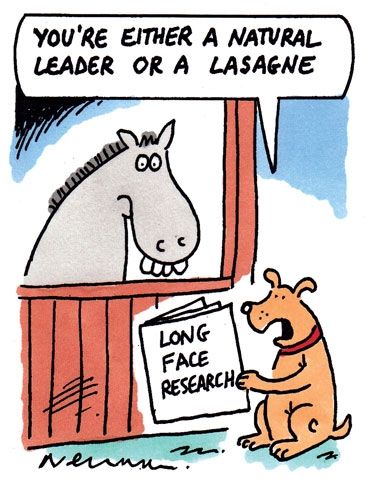
- An academic has criticised Sir David Attenborough’s wildlife documentaries for ignoring gay animals, the Daily Mail reported on 9 February. Brett Mills, senior lecturer at the University of East Anglia’s School of Film, Television and Media Studies, said that the broadcaster’s programmes over the past two decades have consistently overlooked homosexuality in the wild despite its being “pretty much everywhere in the animal world”, the newspaper stated. For instance, the 2002-03 series The Life of Mammals featured footage of two male chimps embracing, described as an act of friendly affection, when it could have shown a tender homosexual clinch, Dr Mills said. Sidelining the issue, even unintentionally, skewed people’s view of what is natural for both humans and animals, he added.
- Long-faced people such as David Cameron and Abraham Lincoln are viewed as natural leaders, particularly in troubled times, a study has suggested. University of St Andrews researchers showed volunteers male and female faces whose features could be manipulated to make them appear taller or shorter, reported the Independent on Sunday on 10 February. Asked to show an ideal leader in peacetime, participants elongated the face of a man by 6 per cent, but for war they stretched it by 45.8 per cent, said the paper in Evolutionary Psychology. “Our results suggest we turn towards the most dominant-looking people for leadership, especially when we are faced with a threat,” said Daniel Re, who led the study.
- A fresh plagiarism scandal has hit Angela Merkel’s government after her education minister resigned over accusations that she had copied large chunks of her PhD thesis, the Financial Times reported on 10 February. Annette Schavan stepped down from the German chancellor’s Cabinet after a University of Dusseldorf commission decided that her 1980 thesis contained frequent unattributed quotations that amounted to “deliberate deception through plagiarism”, the paper said. Two years ago, Ms Schavan criticised Karl-Theodor zu Guttenberg, who was then defence minister, after he was accused of plagiarism. He resigned his position shortly afterwards. Ms Schavan, who intends to fight the university’s decision, has also lost her doctor of philosophy title - a severe blow in a country where doctorates are often used as a form of address.
- University of Sussex students staging a sit-in protest against plans to outsource 235 campus jobs have gained celebrity supporters. Up to 50 students occupied a floor of Sussex’s conference centre on 7 February after a 300-strong march against privatisation plans. Students have complained that the way proposals to transfer university jobs to private companies have been instigated shows “a blatant disregard for the views and wishes of the campus community”, while a lack of openness by management was “eroding the spirit of Sussex”. Among those signing a statement supporting the protest’s aims were Sir Jonathan Miller, a former fellow of neuro-psychology at Sussex, Peter Hain, a former Labour Cabinet minister and Sussex alumnus, and Peter Capaldi, the star of The Thick of It. Sussex said that there will be no redundancies or change in the pay and conditions of transferred staff.
- A judge has criticised the University of Salford for pursuing an expensive libel case against a former lecturer who compared his managers to Hezbollah, The Daily Telegraph reported on 12 February. Mr Justice Eady said that Salford had abused the legal process in its three-year action against Gary Duke, who was sacked in 2009, the paper said. Dr Duke, a former lecturer in sociology, wrote on a blog that the militant Islamic group Hezbollah was more “accountable and transparent [than] the current ruling regime at Salford”. However, the judge said that if any “defamatory” remarks were made, they appeared to be aimed at the vice- chancellor, Martin Hall, or his deputy, Adrian Graves, rather than at Salford as a whole. “I regard it as wholly unreal, and indeed an abuse of the court’s process, for these proceedings to continue on the basis that the only claimant is the university when the conduct to be examined … would be that of Dr Graves and Professor Hall,” he said. The university is considering an appeal but said it was a “point of principle to safeguard its reputation when employees are subjected to unjustified…criticism”.
Register to continue
Why register?
- Registration is free and only takes a moment
- Once registered, you can read 3 articles a month
- Sign up for our newsletter
Subscribe
Or subscribe for unlimited access to:
- Unlimited access to news, views, insights & reviews
- Digital editions
- Digital access to THE’s university and college rankings analysis
Already registered or a current subscriber?
Please or to read this article.